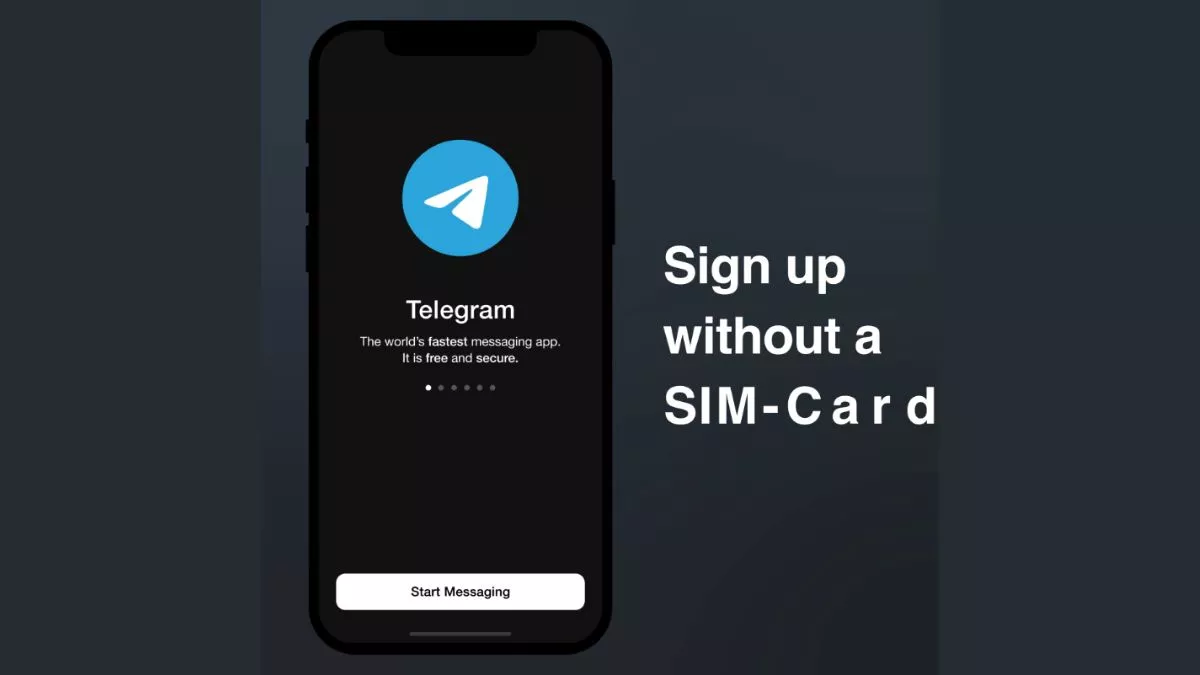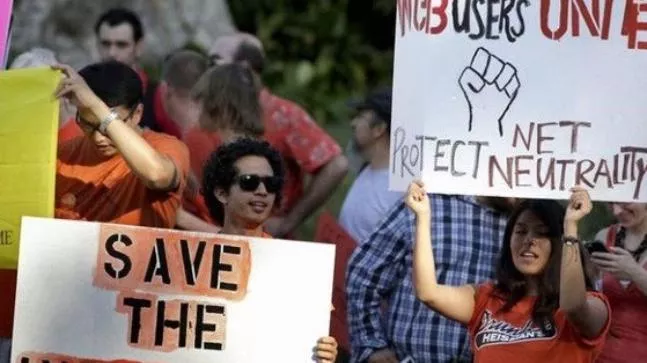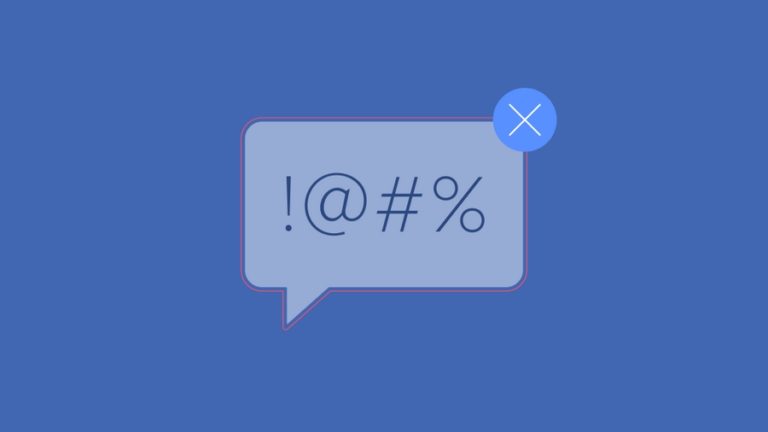Telegram No-SIM Sign-Up Launched: How To Login To Telegram Without A Number

Telegram never falls short of introducing new features for its users. This year WhatsApp introduced many useful features, including the ability to use the account on another phone. But Telegram wasn’t going to lag behind, and so it also launched a host of new features, including the Telegram No-SIM feature that offers the ability to sign up without using your sim card.
This isn’t a voodo, and you will need an actual number to sign up and create an account. You have to buy a phone number from Fragment, which is a platform that offers blockchain-powered numbers.
Telegram No-SIM signup and other new features
The first one is obviously the ability to create a Telegram account without a SIM card. All you need to do is visit Fragment and buy a phone number from there. The phone numbers aren’t exactly cheap, and the bids can get crazy high if you want an easy-to-remember number. Some advocate that paying a one-time price for a phone number and creating an account using that is pretty cool. After all, it is for privacy.

But there are many free phone number sites that offer SMS reading facilities using which you can create a Telegram on any other app account. So, there’s a free alternative right there. Other than that, there is a new feature to auto-delete your chats. The official blog post mentioned that the message delete feature has been a part of Telegram since 2013. Compared to that, WhatsApp’s disappearing messages feature is fairly new.
You can now set global timers for auto-deleting all your chats. The same goes for deleting your chats with a single Telegram user. The app will also show you a detailed storage view of Telegram data. So, you can check which chats use the maximum storage and begin cleanup if necessary.
Telegram will also add new features to Topics, a way to connect with large communities. There is a nifty feature to combat spam in the groups. Admins can enable the Aggressive Anti-Spam feature and get rid of the annoying spam content. You can even create a temporary QR code to share with new people while hiding your username and phone number. Make sure to check for the new Telegram app update in Play Store or App Store.





